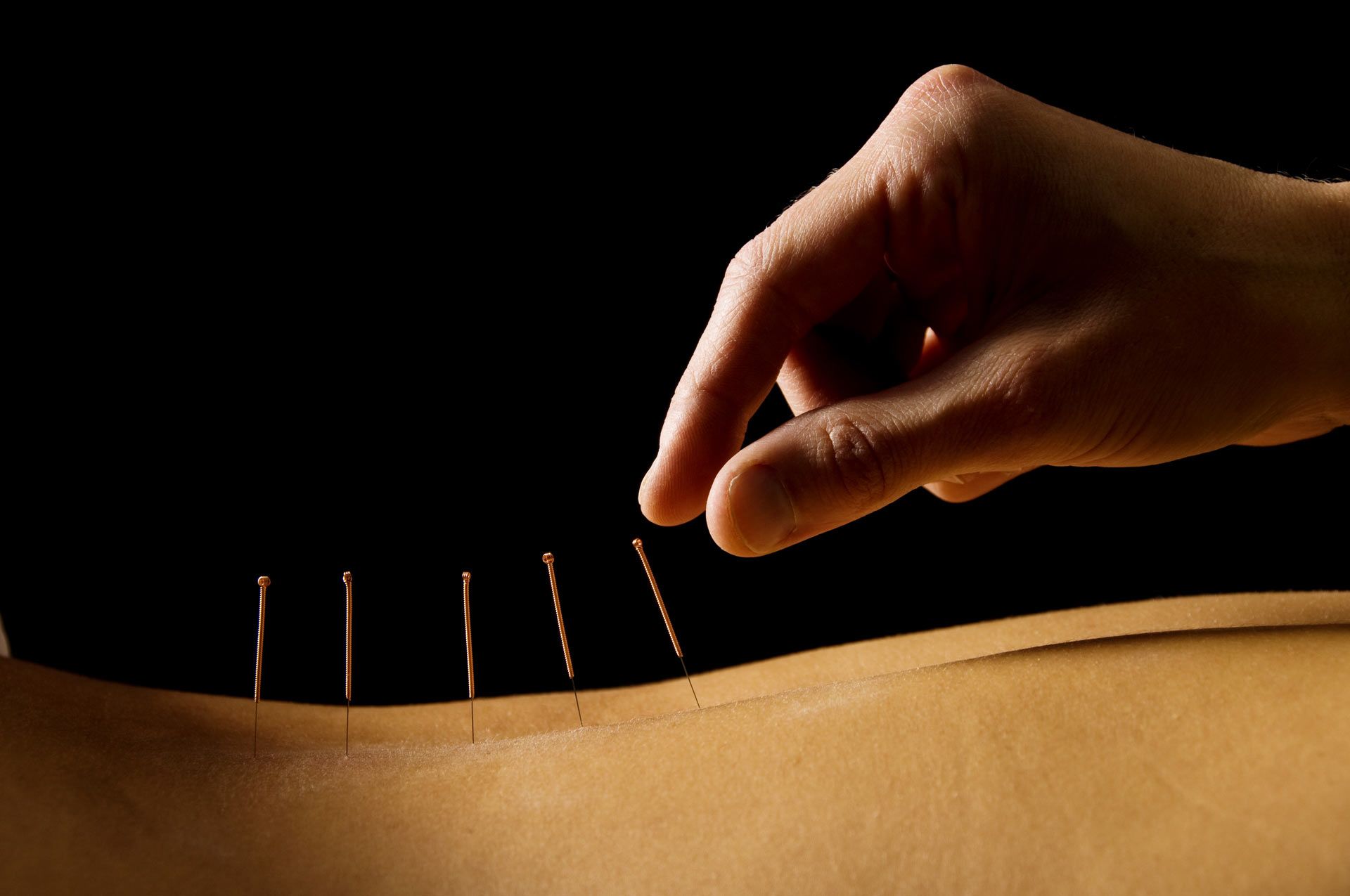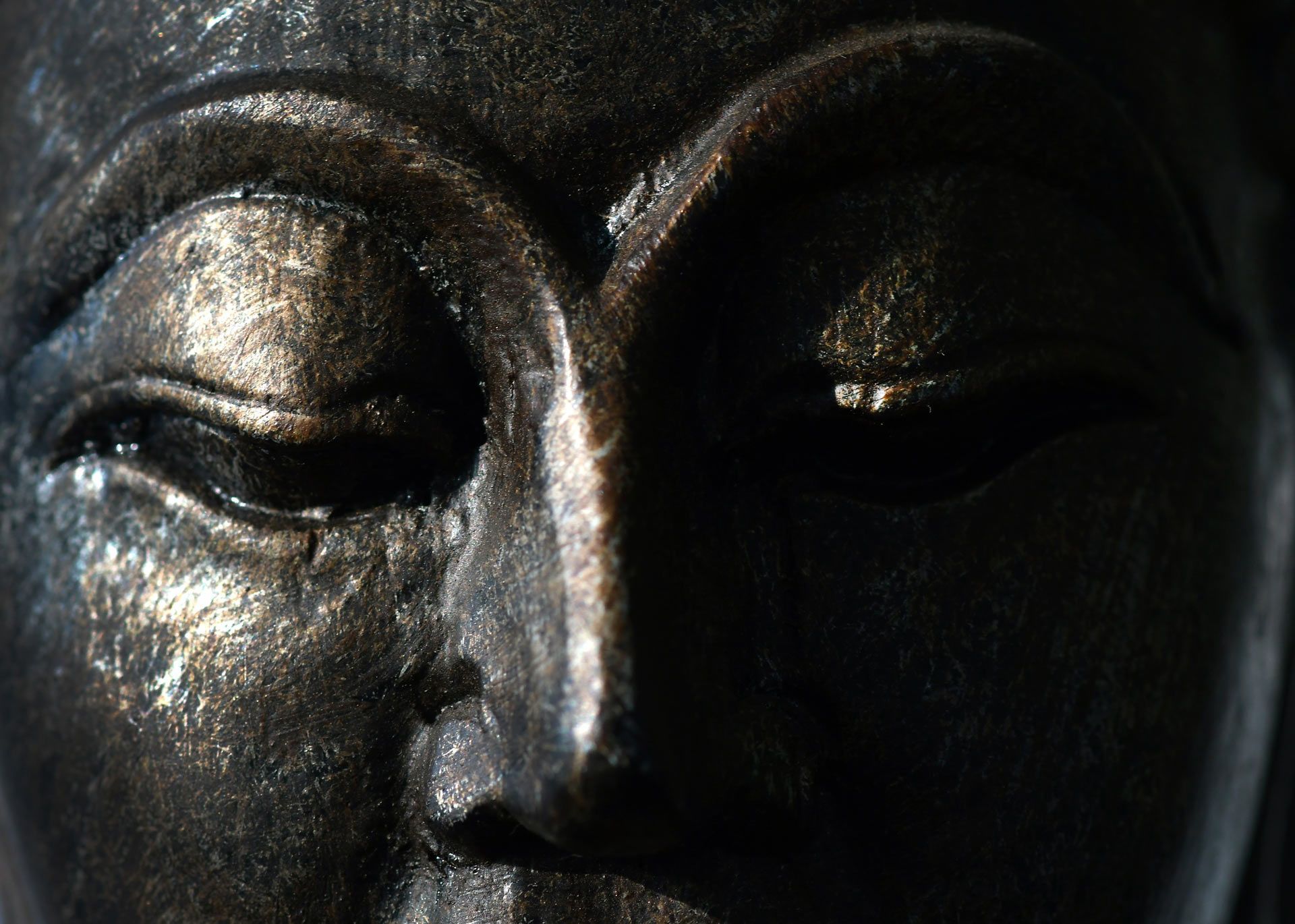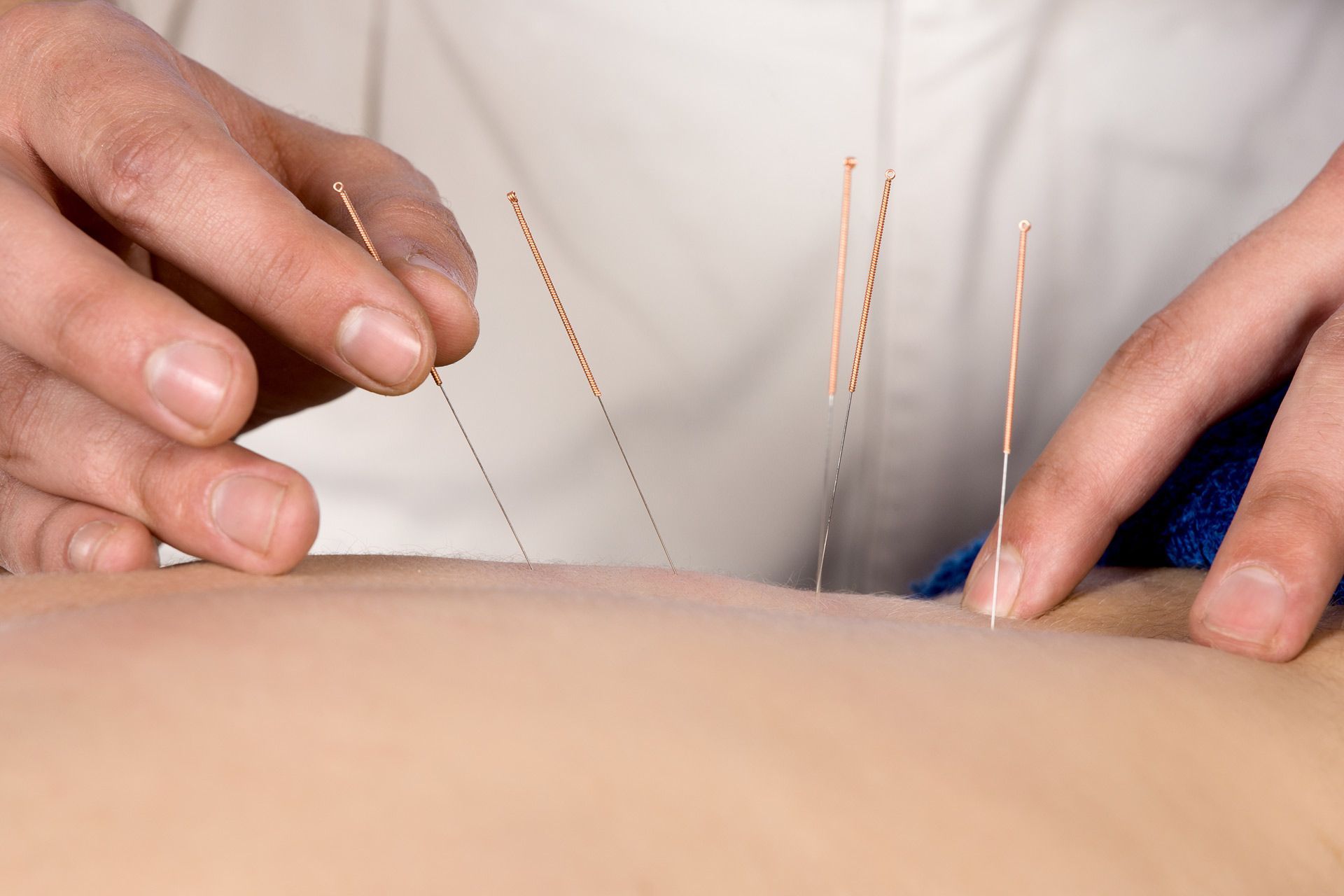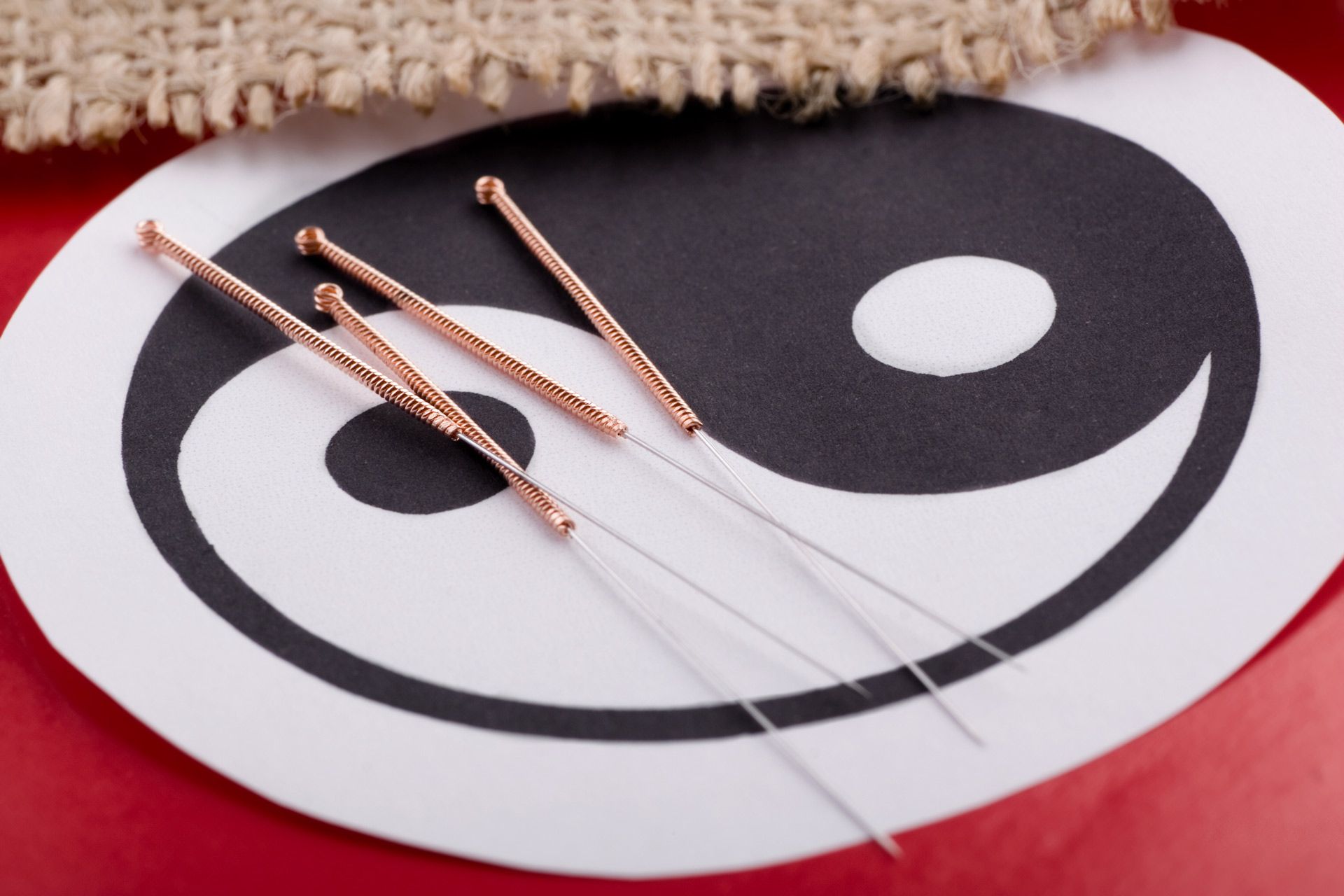Healing Grace Acupuncture & Herbology Articles

Here is the paper released by the World Health Organization (WHO) citing their findings on Acupuncture... (Warning...It's an 87 page document citing hundreds of studies.) Acupuncture: Review and Analysis of Reports on Controlled Clinical Trials Link to the National Certification Commission for Acupuncture and Oriental Medicine (NCCAOM) The National Certification Commission for Acupuncture and Oriental Medicine (NCCAOM) is a non-profit organization established in 1982. The NCCAOM is the only national organization that validates entry-level competency in the practice of acupuncture and Oriental medicine through professional certification. NCCAOM certification is documentation of competency for licensure as an acupuncturist by 44 states and the District of Columbia which represents 98% of the states that regulate acupuncture. Link to Southwest Acupuncture College Southwest Acupuncture College is a classical school of Oriental medicine offering accredited degree programs leading to a Master of Science in Oriental Medicine (M.S.O.M.) or a Master of Science in Acupuncture (M.S.Ac.) Our educational philosophy maintains that teaching is best accomplished by doing. Therefore the curriculum is centered on a hands-on and clinical approach to education. The College maintains campuses in Santa Fe, New Mexico and Boulder, Colorado. With the primary responsibility of preparing students to become independent healthcare providers, our foremost goal is to provide an excellent education to prospective practitioners of Oriental medicine.

For many people it can be difficult to stay warm in the winter, particularly here in Montana. Hands and feet can get cold quite easily of course, but many folks have trouble even feeling like their core temperature is warm. It is not uncommon to have a low core temperature of 97 degrees which can make a big difference how you warm you may feel. Here are some simple healthy tips which can transform how you experience winter. Add warming spices to your foods. Cinnamon, cardamon, ginger and garlic are just a few. Put a healthy amount of cinnamon in oatmeal. Cardamon too, only just a little because it can be intense. Add extra garlic to your cooking. Cook soups with ginger. You can also just slice some fresh ginger and start the day with it in some hot water with a little honey or maple syrup. It's a great way to start your day, making your core feel warm. Warm lemonade is great winter beverage. Simply squeeze some fresh lemon in a glass, sprinkle a little (just a little) cayenne pepper and a healthy tablespoon of maple syrup. Add hot water and stir. It’s a sure fire way to create a hearth inside your core. The lemon helps detoxify the liver and your tissues too as well as aiding in digestion. Ginger supplements are good to have on hand on days where you just feel quite cold inside. Take one capsule with food. It’s a great thing to do if you know you are going to be outside later. Eat more healthy fat and less empty carbs and sugars. Avocados, nuts and seeds, coconut oil and olive oil are excellent. Eat within half an hour of waking up. If you tend to feel cold in general, don’t wait to eat in the morning. You need to stoke your metabolic fire upon waking. So eat something soon when you get out of bed.

Season change...it's the way of the world. Most people seek out an acupuncturist when they are dealing with pain - since acupuncture is great at decreasing pain levels. But, where traditional Chinese medicine can really shine, is by helping keep people healthy and educating them on how to avoid both acute and chronic disease. Keep Warm Keeping warm doesn't just mean wearing enough layers when you go outside. It means you should keep two specific parts of your body from being exposed to the cold as the temperature dips: your neck and your digestive system. Your neck: Chinese medicine believes that the key to a strong immune system (otherwise known as your defensive qi) is to keep the body warm and closed off to the dry, fall winds that help spread disease. The back of your neck has several acupuncture points related to wind. Leaving this part of your body exposed to the cool fall wind can lower your immunity and be the breaking point when your body decides if its defensive qi is strong enough to fight off the cold your co-worker brought to the office. So, dig out a scarf from your pile of winter clothes, or use this tip as an excuse to go out and buy yourself some cute new neck-wear. Your lungs will thank you. Your digestive system: Just as the harvest seasons change on crops, so does your body's requirement for nutrients. For instance, as the weather gets cooler, the raw juices, giant salads, and fresh fruit that we feast on in the summer aren't as appropriate for our digestive systems in cold weather. Cold, raw foods are harder to digest and take too much energy to transform into energy and blood. Since most of our immune system cells reside within our gut, it's important to eat foods that will bolster your immunity as the season for colds and flus arrives. Soups and stews are warmer and easier to digest, and eating them will help lead your body to a stronger defense against encroaching pathogens. Stay Hydrated Good advice for any season, but people typically tend to neglect hydration in cool or cold climate. The crisp, fall or winter air has much less humidity in it than the hot, sticky days of summer. Our respiratory systems are covered in mucus membranes which act as a first line of defense against dust, mold, viruses, and bacteria. Those mucus membranes hate being dry, so it's important that you do your best to keep them hydrated. You can accomplish this by drinking enough water throughout the day, using a humidifier in your home or office, and flushing your sinuses with a neti pot. Our skin is another important protective barrier that dislikes dryness. Skin irritations and dry rashes tend to flare up in the fall. Keep your skin hydrated and healthy by drinking lots of water, eating omega-3 fatty acids (think cold water fish, flax seeds, walnuts), and using a moisturizer that doesn't contain alcohol (alcohol dries out skin). Dry coughs are all too common. Chinese Medicine teaches that stone fruits such as peaches, plums, and cherries are moisturizing for the lung. Eating these fruits warm, with a small amount of sweetener such as honey or molasses, can help resolve a dry cough. Rest The long and expansive days of work can be particularly taxing, no matter the season. Take the time to rest and allow for our bodies to conserve energy. Restorative work such as acupuncture, massages, yoga, and good old fashion stretching are always beneficial. Additionally, adequate rest and sleep will allow your body and immune system to function at its best and keep you strong and healthy.

Though acupuncture is becoming more mainstream as an alternative or complementary therapy to western medicine, many first time patients don't know what to expect at their first visit. With various styles of acupuncture available and wide variety of techniques at the disposal of a Licensed Acupuncturist, there may be some differences of opinion between acupuncturists, but here are some of the most common tips to know. 1. Acupuncture treats more than pain. Acupuncturists find it unfortunate when patients cancel appointments because they are sick. Not only can acupuncture help treat the common cold and stomach viruses, according to the World Health Organization, it is helpful for a wide variety of problems including mental and emotional stress, cancer, skin diseases, neurological disorders, dentistry, infections, childbirth, and gout to name a few. 2. Don't go in on an empty stomach. An important point (no pun intended!) that your acupuncturist may forget to mention is that you should have eaten something within a few hours before treatment. It isn’t necessary to have a full meal, but at least a snack can help your body have enough energy to maximize the treatment’s potential. Receiving acupuncture on an empty stomach may lead to lightheadedness, dizziness or even fainting. 3. To receive acupuncture, you may not need to remove your clothes like you would for a massage. Acupuncturists may need to access areas under your clothes, but they will properly drape you so that only small portions of skin are exposed. However, they do recommend wearing loose clothing so that sleeves can be rolled up above the elbows and pant legs can be pulled up above the knees. 4. You may be asked to show your tongue, have your pulse taken and have your abdomen pressed. Acupuncturists are interested in the state of your internal organs, and using these methods they can determine the best treatment for you. Also, just like reflexology on the hands and feet, different areas of the tongue, radial pulse and abdomen correspond to different organ systems of the body. 5. You may receive treatment in unexpected locations. Because the body is, in essence, a living flow of Qi (pronounced "chee") energy, you may very well receive needles in your hands, ears, face, or feet in order to direct the body's energy to heal in other locations. If you're sensitive or concerned about receiving a needle in any of these areas, do not hesitate to speak to your acupuncturist about these concerns. 6. Expect embarrassing questions. In addition to physical examination, most acupuncturists will question you about various topics regarding your health and lifestyle. Often, these questions will include asking for detailed descriptions of your bowel movements, urination, and menstruation for women. The more details you're able to give, the better their diagnosis, so it's worth paying attention to if you didn't beforehand! 7. Acupuncture needles are much thinner than hypodermic needles. If the thought of needles turns you off, keep in mind that acupuncture needles are about the width of two to three strands of hair and are actually quite flexible. Often people are surprised how little they feel both at insertion and after they are in place. In fact, it is not uncommon for clinics to be full of snoring patients! 8. Acupuncturists don't reuse needles. If you are getting treated in the United States, the needles your acupuncturist uses on you have never been used on other patients. This means there is a virtually no chance you will contract a disease from receiving acupuncture and because the needles are made of very thin and flexible surgical grade stainless steel means less pain. 9. Acupuncturists use more than needles. Though needles may be their main tool, most acupuncturists have learned a variety of other therapies falling under the label of "Chinese Medicine" such as acupressure (pressure instead of needles over acupuncture points), Tuina (massage), Guasha (scraping of the skin), cupping (suction of the skin), Moxibustion (heating of the skin), Chinese herbs or Qi Gong (energy healing). Depending on their training, your diagnosis, and your comfort level, you may get more than just needles at your visit. 10. One treatment is often not enough to cure what ails you. And your acupuncturist will most likely recommend subsequent treatments. Some insurance plans have added acupuncture to their list of services, so be sure to check with your insurance provider if acupuncture is something they reimburse. Many acupuncturists can provide you with a bill to submit to you insurance carrier so you can get reimbursement. Knowing up front what to expect at your first acupuncture appointment can both ease your mind and bring up questions to pose early on so that there are no surprises. Communication is key, so if there is ever anything that is even mildly uncomfortable physically or otherwise during your treatment, be sure to speak up. Acupuncture is supposed to be enjoyable and relaxing, so if your treatment is anything but that, your acupuncturist will want to know so that the situation can be remedied.